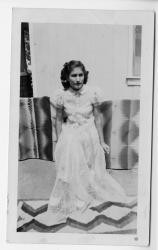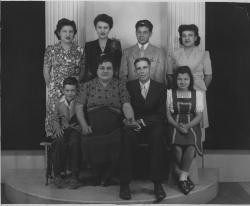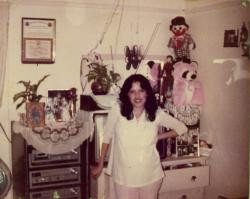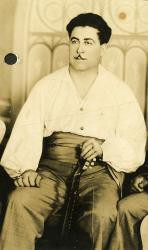UCLA Chicano Studies Research Center
Since its founding in 1969, the UCLA Chicano Studies Research Center (CSRC) has played a pivotal role in the development of scholarly research on the Chicano-Latino population, which is now the largest minority group in the United States. Our research mission is supported by five distinct components: a library with special collections archive, an academic press, collaborative research projects, public programs and community-based partnerships, and a competitive grant, scholarship, and fellowship program.
UCLA Chicano Studies Research Center's collections
Ricardo Munoz Repatriation Papers
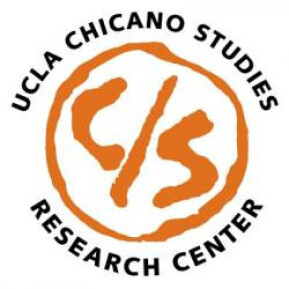 UCLA Chicano Studies Research Center
UCLA Chicano Studies Research Center
The Nell and Phil Soto Papers
 UCLA Chicano Studies Research Center
UCLA Chicano Studies Research Center
Los Angeles Latino Families Photo Project
 UCLA Chicano Studies Research Center
UCLA Chicano Studies Research Center

